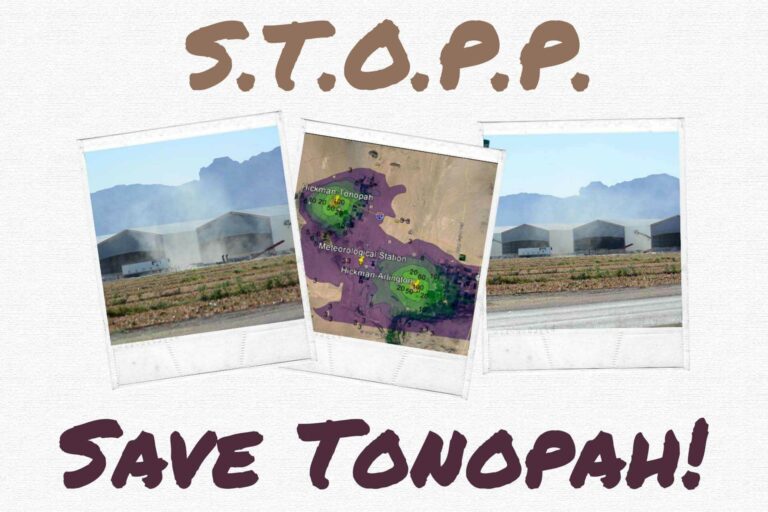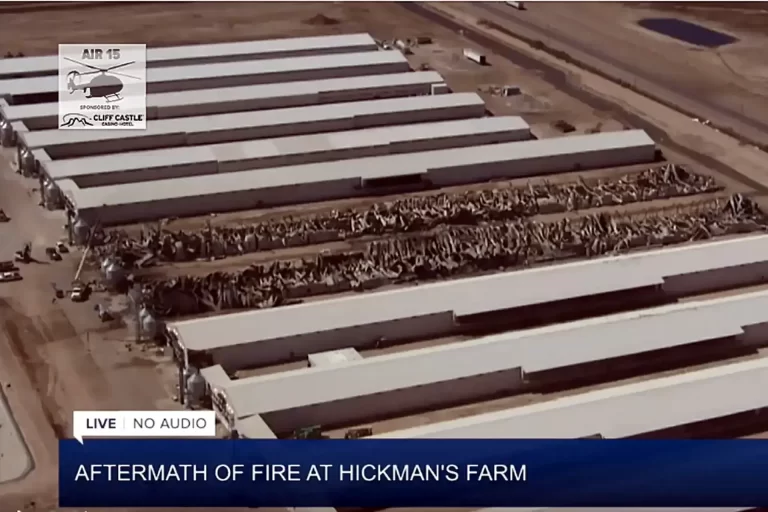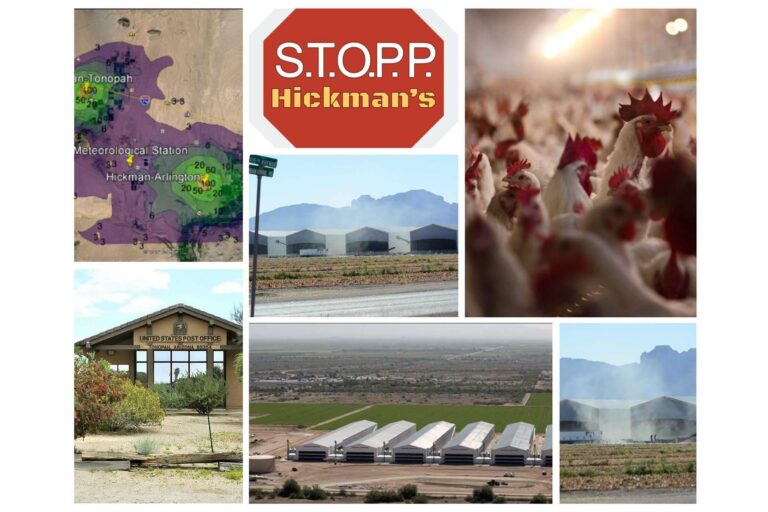Residents of Tonopah may have observed a noticeable scarcity of eggs on local store shelves or an increase in prices in recent weeks. These disruptions are not mere coincidences—they stem from significant challenges faced by Hickman’s Family Farms, a prominent egg producer with operations here in Tonopah and throughout the Southwest Valley. As reported by The Arizona Republic on February 18, 2025, the farm has been grappling with an outbreak of avian influenza, severely affecting its ability to meet demand.
AZCENTRAL: Hickman’s Family Farms struggles to meet egg demand after losing a million birds

Hickman’s Family Farms, a longstanding Arizona institution, was forced to cull nearly one million egg-laying hens last month at its Buckeye facility to halt the spread of this highly contagious disease. This drastic measure followed earlier losses, with Glenn Hickman, the company’s president, describing the situation as a “double whammy” due to repeated depopulations over the past year. The scale of these losses—an estimated 40 million hens affected nationwide—underscores the severity of the current avian flu outbreak, with Arizona bearing a significant share of the burden.
Avian influenza, a respiratory virus transmitted primarily by migratory waterfowl, spreads rapidly among poultry flocks. According to Hickman, one barn in Maricopa transitioned from healthy to entirely devastated within a single week. This rapid progression has left the farm with a diminished flock, directly contributing to the egg shortages and price increases felt across the region and beyond. For a company that supplies a substantial portion of the Southwest’s eggs, the impact is profound, both economically and operationally.
For the Tonopah community, where Hickman’s maintains a key facility, this crisis highlights the critical role local agriculture plays in our daily lives. The farm is working diligently to address the shortfall, but with fewer hens producing eggs, supply cannot yet match demand. In response, Glenn Hickman is advocating for a proactive solution: vaccination. While Europe has already implemented poultry vaccination programs, the United States is progressing more cautiously. The U.S. Department of Agriculture recently approved a conditional license for an American avian flu vaccine, though logistical details remain under review. “It’s moving finally, but it’s taken a long time,” Hickman noted in the Republic article, expressing cautious optimism about future prevention efforts.
For now, the effects of this outbreak will likely persist, influencing egg availability and costs in Tonopah and surrounding areas. This situation serves as a reminder of the complexities within our food supply chain and the resilience required of local producers like Hickman’s Family Farms. As the community navigates these challenges, staying informed and supporting regional agriculture remains essential.



